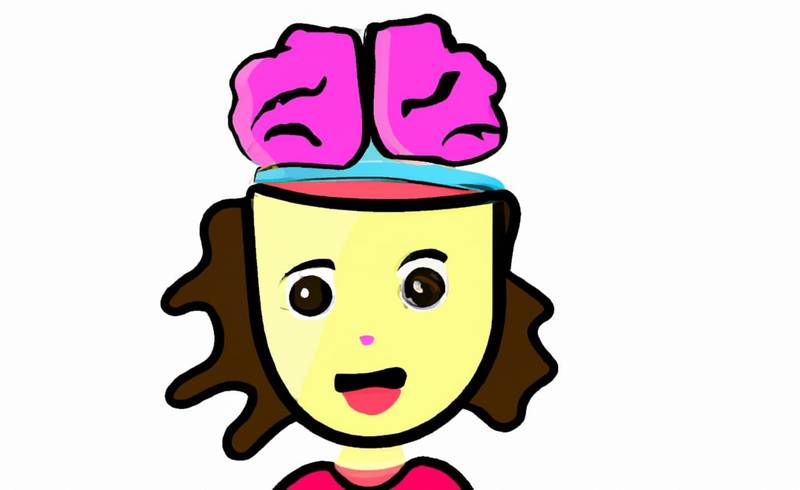
Dreams have captivated the human imagination for centuries, from ancient civilizations to modern science, people have been trying to understand the nature and purpose of dreams. In this article, we will explore the scientific perspective on dreams, the latest research on this topic and how it can help us better understand the mysteries of sleep.
A dream is a series of thoughts, images, and sensations that occur in a person’s mind during sleep. It is like a story or a movie that plays in our mind while we are asleep.
The Biology of Dreams
The scientific study of dreams is called oneirology, and it is a branch of neuroscience. Scientists have made significant progress in understanding the underlying biology and psychology of dreams. During sleep, the brain is active and there are specific patterns of brain activity associated with different stages of sleep. This led to the discovery of the sleep cycle, which is a repeating pattern of brain activity that occurs during sleep.
- Multitasking: The Effect on the Human Brain
- Top 5 Habits That Damage Your Brain
- Impact of Fear on Brain
The Sleep Cycle
The sleep cycle is divided into two main stages: non-rapid eye movement (NREM) sleep and rapid eye movement (REM) sleep.
NREM sleep is the stage of sleep when the brain is in a state of deep relaxation and is not actively processing information. REM sleep, on the other hand, is the stage of sleep when the brain is highly active and is processing information. This is the stage of sleep when most dreaming occurs.

Scientists have found that during REM sleep, the brain is highly active in the areas responsible for processing visual and emotional information. This is why dreams are often vivid and emotional. Additionally, scientists have found that the brain is less active in the areas responsible for logic and reason during REM sleep, which is why dreams are often illogical and surreal.
The Purpose of Dreams
Scientists have also discovered that dreams have a purpose. One theory is that it helps the brain process and integrates information from the previous day. This is known as the cognitive processing theory of dreaming. According to this theory, the brain uses dreams to process and make sense of experiences and emotions from the previous day.
Another theory is that dreams help the brain process and resolve unresolved emotional issues. This is known as the emotional processing theory of dreaming. According to this theory, the brain uses dreams to process and resolve unresolved emotional issues from the past.
Therapeutic Effect of Dreams
In addition to these theories, scientists have also found that dreams can have a therapeutic effect. Studies have shown that people who are able to remember and process their dreams have better mental health and are less likely to suffer from depression and anxiety.
External Factors and Dreams

Recent research has also shown that dreams can be influenced by external factors such as medication, alcohol, and even certain foods. For example, studies have shown that people who take antidepressants are less likely to dream, while people who drink alcohol before bed are more likely to have vivid and disturbing dreams. Additionally, certain foods such as cheese and spicy foods can also affect the content and frequency of dreams.
Conclusion
In conclusion, the scientific perspective on dreams has helped us better understand the underlying biology and psychology of sleep. The latest research has shown that dreams have a purpose, helping the brain process and integrate information from the previous day, as well as resolving unresolved emotional issues.
Additionally, scientists have found that dreams can have a therapeutic effect and that external factors such as medication and certain foods can influence the content and frequency of dreams. Despite the many advances in dream research, there is still much we do not understand about this fascinating topic, and scientists continue to explore the mysteries of dreams.





